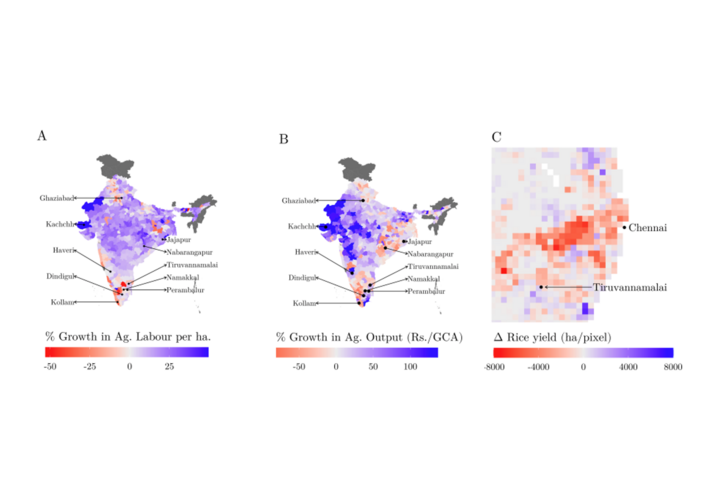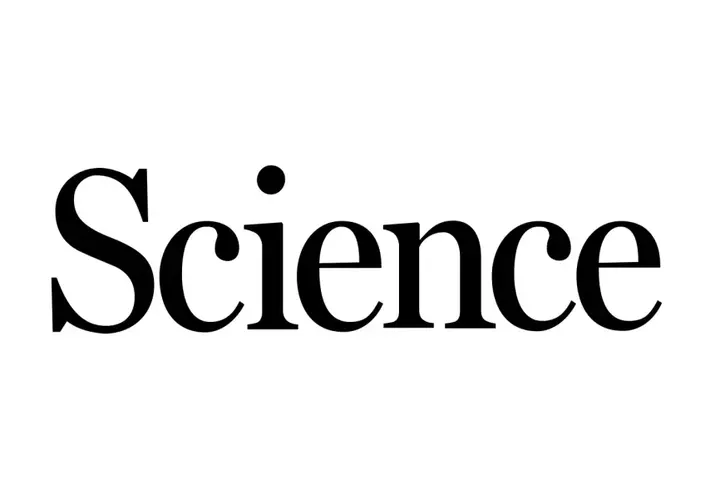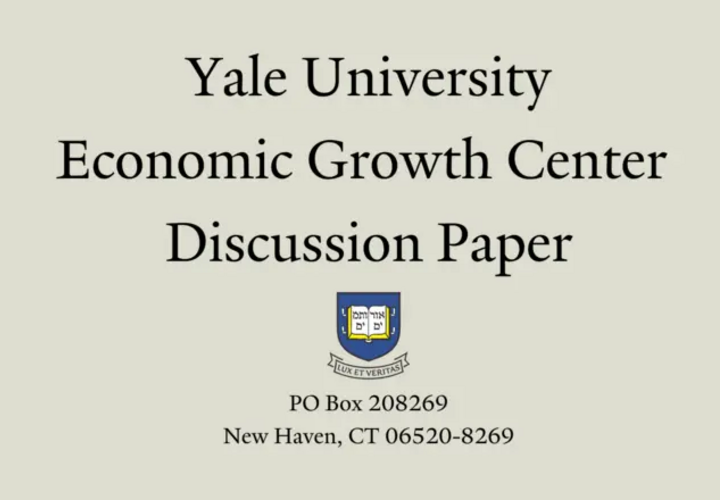Mushfiq Mobarak
- ahmed.mobarak@yale.edu
- Phone
- 203-432-5787
- Office Address
- 165 Whitney Avenue, Room 2502
Ahmed Mushfiq Mobarak is a Professor of Economics at Yale University with concurrent appointments in the School of Management and in the Department of Economics. Mobarak is the founder and faculty director of the Yale Research Initiative on Innovation and Scale (Y-RISE).
Mobarak has several ongoing research projects in Bangladesh, Nepal, and Sierra Leone. He conducts field experiments exploring ways to induce people in developing countries to adopt technologies or behaviors that are likely to be welfare-improving. He also examines the complexities of scaling up development interventions that are proven effective in such trials. For example, he is scaling and testing strategies to address seasonal poverty using migration subsidies or consumption loans in Bangladesh, Nepal and Indonesia. His research has been published in journals across disciplines, including Econometrica, Science, American Economic Review, Review of Economic Studies, the American Political Science Review, Nature, Proceedings of the National Academy of Sciences, and Demography, and covered by the New York Times, The Economist, NPR, BBC, NBC, The Washington Post, Wall Street Journal, Science, Nature, the Times of London, and other media outlets around the world. He received a Carnegie Fellowship in 2017.
Mobarak is collaborating with the government of Bangladesh and other local institutions to devise evidence-based COVID response strategies. He collaborated with governments and NGOs in India, Pakistan, Nepal and Bangladesh to distribute facemasks to over 100 million people based on the results of the NORM model. The approach and results have been covered by BBC, Foreign Policy, New York Times, Washington Post, Vox, and media across South Asia, Africa and Europe. The work is supported by the Bill and Melinda Gates Foundation, Givewell.org, the Global Innovation Fund, and Yale Macmillan Center.
At Yale he teaches a Ph.D. course in development economics, as well as a core MBA course on interactions between business, government, and society that does deep dives on contemporary policy issues on race, gender, immigration, and public health.



